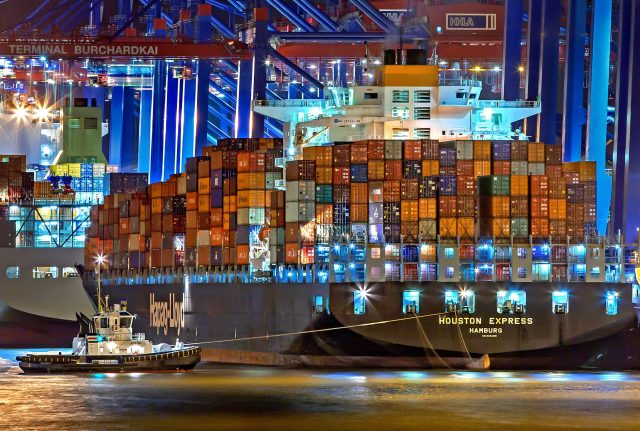
In Recent Months, the European Union has been at the Centre of an Anti-dumping Investigation Initiated by China into its Alcohol Products which Appears to be Part of the Asian Country’s Trade Retaliation.
The proceedings initiated by China have triggered a series of reactions, raising questions regarding the commercial dynamics between the “new” economic powers and the Old Continent with implications that could influence the trade of alcoholic products. Before exploring the specific investigation at hand, it is important to understand the concept of anti-dumping. An anti-dumping investigation is a legal action taken by a country to investigate whether imports of a product from another country are being sold at a price lower than market value or cost of production. This practice aims to protect domestic producers from unfair competition and maintain a balance in international trade.
The European Union recently found itself in the crosshairs of an anti-dumping investigation launched by China into its alcohol products. Chinese authorities say some European companies are exporting alcoholic beverages to the Chinese market at artificially low prices, thereby harming local producers and distorting competition. In particular, investigations appear to focus on specific alcohol categories, such as wines and spirits, which have become increasingly popular among Chinese consumers. The European Union, on the other hand, rejects the accusations, arguing that its products are sold at market prices and that there is no intent to harm the Chinese industry.
The implications of this investigation for the European alcohol industry are significant. Any imposition of tariffs or trade restrictions by China could have a direct impact on European exports of wines and spirits, sectors which have enjoyed growing demand in the Chinese market in recent years. European companies may face economic challenges in maintaining their competitiveness in China, one of the world’s largest economies. This could lead to a redefinition of market strategies and an adaptation to new commercial dynamics. Furthermore, the investigation could trigger a series of counter-investigations and countermeasures by the European Union, creating a climate of tension in commercial relations between the two parties.
The European Union has responded to the Chinese investigations with strong protests, arguing for transparency and fairness in international trade. The two sides are engaged in diplomatic negotiations to resolve the issue in a fair and balanced manner. However, tensions persist, and the outcome of these negotiations remains uncertain. The escalation of trade conflicts between China and the European Union can have repercussions on a global scale, given that both economic powers play a crucial role in the international trading system. Some observers suggest that this investigation may be just the beginning of a series of trade disputes between the two sides, with possible repercussions on several industries.
Multilateral cooperation could be the key to resolving differences and establishing common ground for international trade. The dispute settlement body of the World Trade Organization (WTO) could play an important role in providing a neutral platform for negotiations and conflict resolution. Furthermore, an open and constructive dialogue between China and the European Union could lead to a better understanding of each other’s concerns and foster a more stable and predictable trading environment. China’s anti-dumping investigation into European Union alcohol products represents a turning point in the trade dynamics between these two economic powers. The implications of this dispute go beyond the alcohol sector and could affect global trade. While the parties involved search for a solution, the world holds its breath, knowing that the resolution of this dispute will have significant repercussions on the international economic balance. The sector involved, as well as that of the entire agri-food sector, is vital for the entire European production chain which, as we always know, focuses on massive exports to international markets and in particular, in recent years, to the Asian one.



 Subscribe
Subscribe